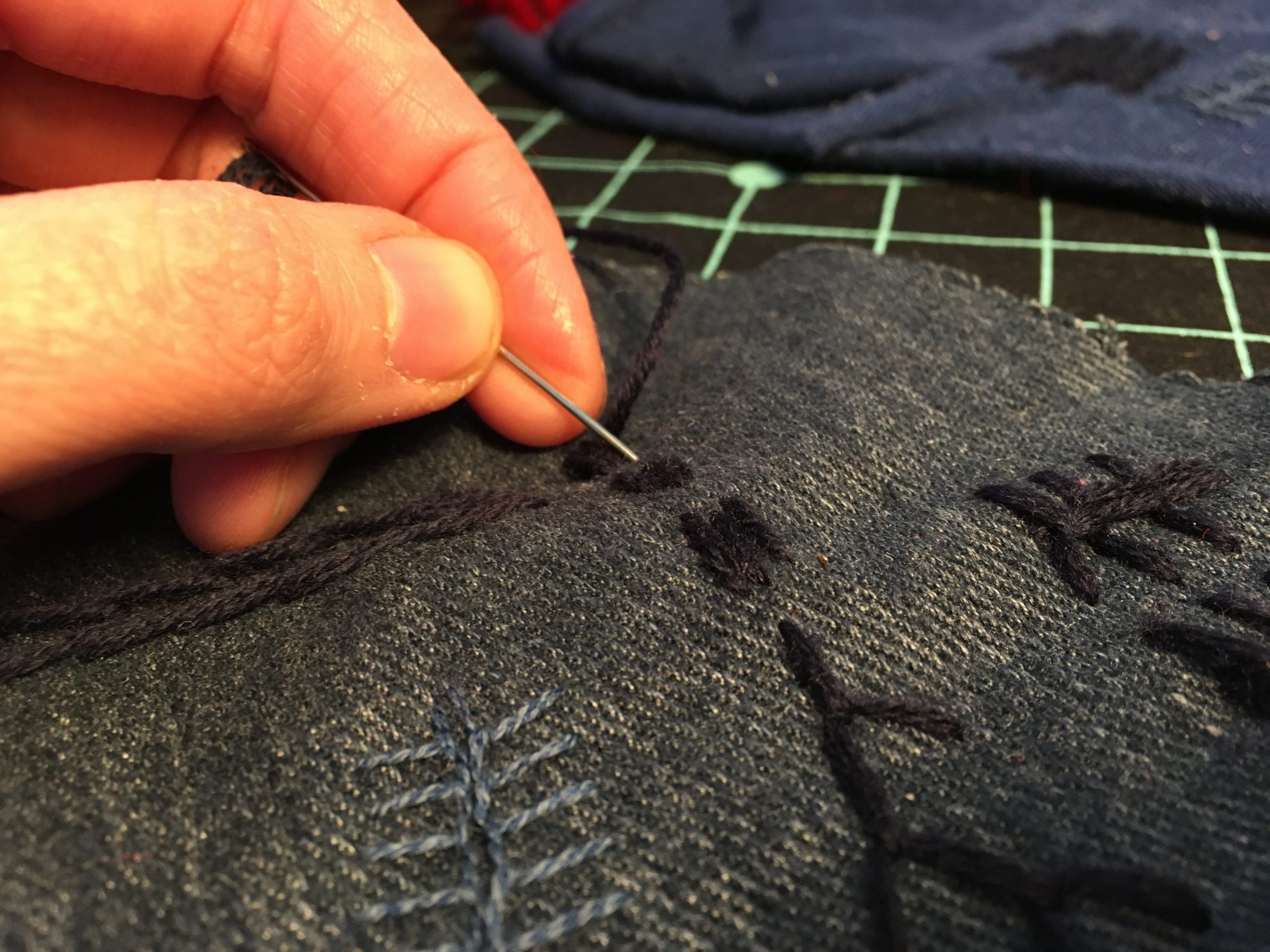30 Mar Crafting breathing for the commons

Each member of the Crafting the Commons network has been invited to write a post for the blog, capturing their thinking about commons and commoning as the project unfolds. This post is by Giuseppe Salvia.
Giuseppe is Research Fellow with a PhD in Design engaged in international research projects addressing socio-technical innovation and sustainable patterns of production and consumption. He has been investigating diverse trends and phenomena with a key interest in skills, including making and grassroots innovation; repairing and product lifetime; sharing economy and urban transformation.
The recent outbreak of a corona virus is dramatically affecting the ability for thousands of people to breathe and unfortunately for too many to outlive. Videos and pictures are circulating of people suffering from COVID-19 in hospitals gasping for air. In such dramatic health conditions, noses are plugged with tubes, faces are wrapped in masks and even heads are encapsulated in bubbles. An appearance of cyborgs could be recalled, in the assemblage of non-human elements to human beings.
This hybridity is crucial for life, as ventilators enable breathing. The unfortunate, sad, terrible crisis of these last weeks is making more visible to the wider population how society is being shaped and evolving on the abilities of similar artificial devices and the competent operators of medical staff seeking to make patients capable of breathing.
Drawing on Latour, the sociologist Shove (2007) theorised that competences are distributed between humans and artefacts. A serrated saw breaks the strong wood fibres for logging, a minute needle dives the thread into the strict tight weft for embroidering and a respirator processes the inhaling/exhaling for those who are not (temporarily) competent.
In order to cope with the enormous demand of devices to face the health crisis, 3D printers are materialising quickly and relatively cheaply respirators, valves for respirator, hands-free door opener or any other medical supply which are designed by professionals and amateurs, for the local and global community. An online spreadsheet collects the availability to share one’s own 3D printer and skills in modelling and availability to collaborate internationally to address the current challenges with a more recent form of crafting. Over social media and platforms, crafters share their designs. The battle against the virus and the competences or resources with which competences are distributed seems to define the community. Defeating the virus is the element in common in the current scenario, making crafters commoning. Rooted in long histories and complex geographies, what constitutes the commons seems highly variable, stretching boundaries in and out over time, location, challenge, topic of conversation, and competences. An important element in my view, is that not only the outcome is relevant when commoning, for instance the 3D printed parts or the piece of art for the exhibition.
By looking and listening about the work in progress by Ben, Jeremy and Amy, or the 3D printers, the way abilities are mastered, how bodies share competence with tools, how these cyborgs create and produce something is remarkable too. The process itself of crafting and making, the mastering of skills, tools and materials are precious for the community.
So precious that should be preserved and nurtured. I wonder if commoning may represent a means for this and how. In the past guilds and professional registers may had attempted to preserve skills by shielding competences. The online 3D printing communities seem to have been reacting on opposite way.
Making making and skills in the making more visible and shareable may be worth exploring for members of this network, in order to keep crafts breathing.
Note: For an overview of projects using 3D printing against COVID19: https://3dprintingindustry.com/news/3d-printing-community-responds-to-covid-19-and-coronavirus-resources-169143/

